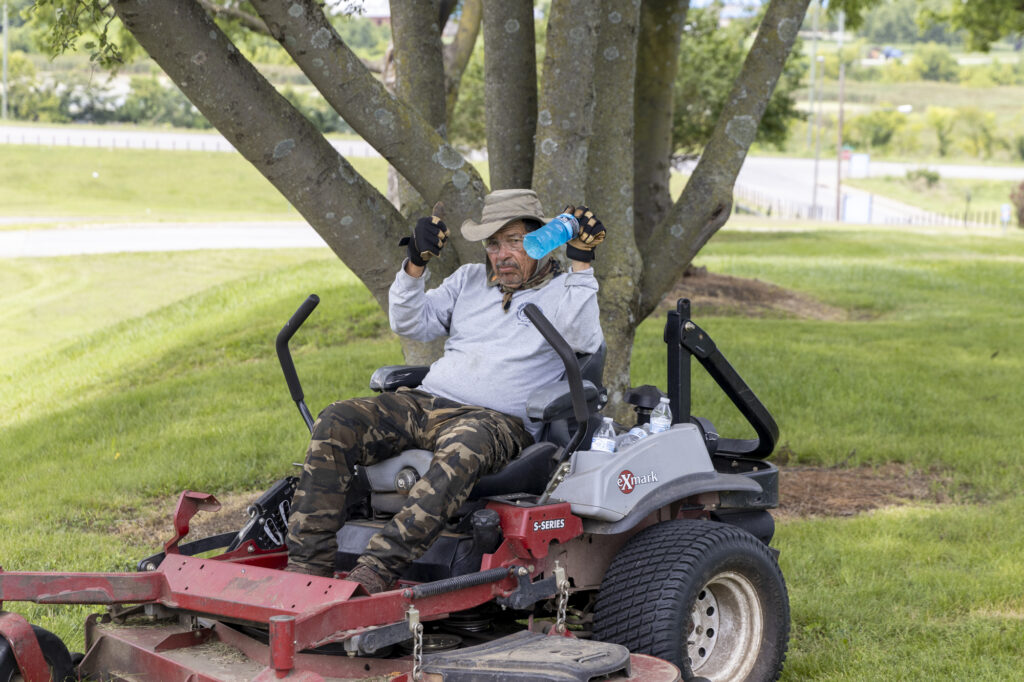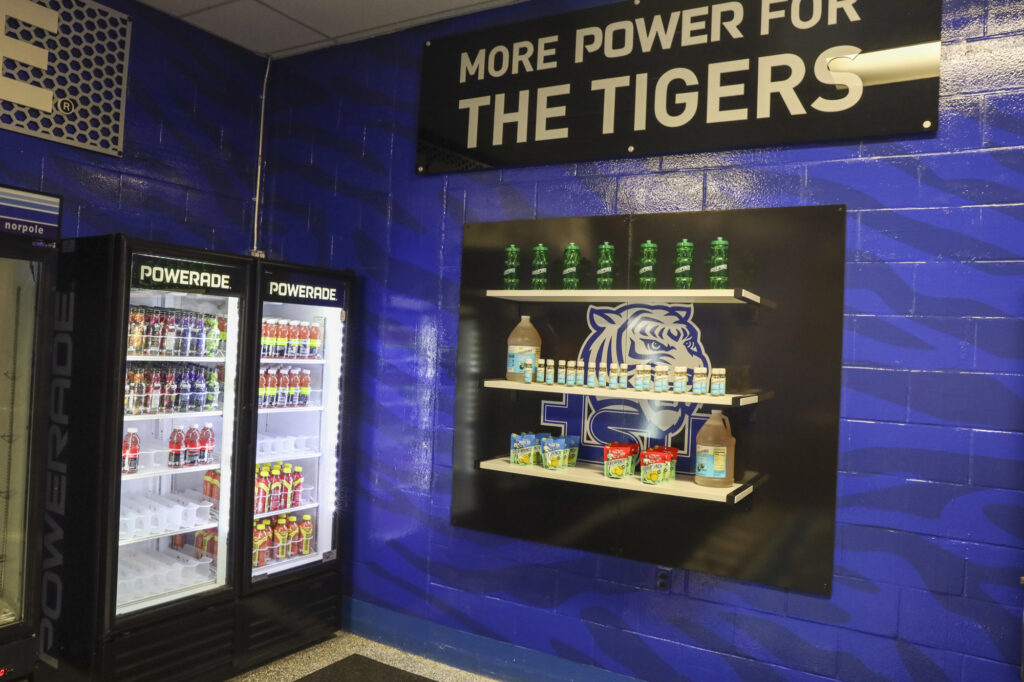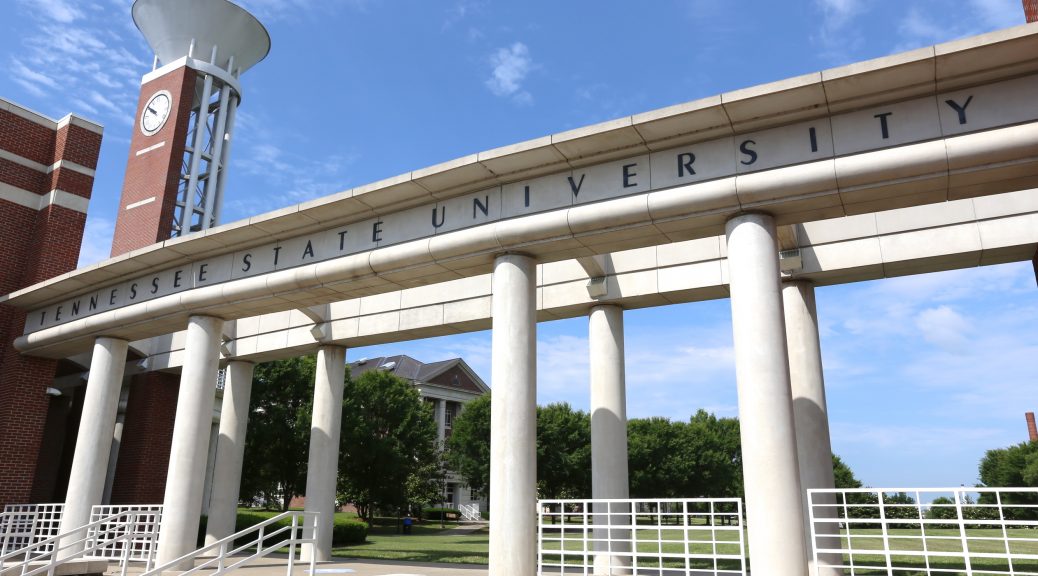NASHVILLE, Tenn. (TSU News Service) – With the hottest month ever recorded around the world now over, Tennessee State University says it plans to continue taking precautions to keep the campus community safe. The University has been proactive all summer long in sharing important information on how to beat the sweltering heat. TSU health officials and emergency management staff say their efforts will remain the same for the month of August.
Dr. Wendelyn Inman, interim public health program director at TSU, stresses the importance of staying hydrated to combat extreme heat and associated illnesses like heat stroke, heat exhaustion, and severe dehydration.

“For a physician, their patient is an individual. For public health, our patient is the community,” Inman says. “We want our community to have the best outcome when that heat wave is going on.”
Inman reiterates that drinking more water, staying in shaded areas, and wearing sunscreen are preventive mechanisms to do while outdoors to lower the impact of unmitigated sunshine. She adds that proper ventilation and climate-controlled spaces are just as important when indoors.
Considering what you eat, drink, and wear, even in 82-degree or above sunny weather, can serve as a preventative measure. Dr. Latasha Williams, assistant professor and director of didactic programs in dietetics, says listening to your body is also crucial.
“Opt for lighter meals, consume electrolyte-replenishing beverages and listen to your body.”

Dr. Williams contends that, “by following these strategies, you can help maintain adequate food and nutrient intake during extreme heat while also supporting your body’s hydration needs and overall well-being.”
“Heat exhaustion is a heat-related illness that occurs due to prolonged exposure to high temperatures and inadequate fluid intake,” Williams explains. Symptoms include fatigue, nausea, dizziness, and fainting. While heat stroke sets in as high body temperatures, altered mental state, hot dry skin, and nausea.
TSU director of sports medicine, Trevor Searcy, spoke about how the athletic department also takes innovative measures to ensure the athletes’ safety and mitigate possible heat illness as the university offers several outdoor sports.
From a brand-new hydration station, to rescheduling training sessions to early mornings, Searcy said the university has resources, protocols and emergency action plans set for preventable measures. “We are required to test wet bulb (globe temperature), which is ambient air, temperature, and humidity every 30 minutes of outdoor activity,” Searcy said.

He notes that the department is cautious about heat after reaching 80 degrees by giving more water breaks, carrying ice towels, cold IV fluids and taking off lower and upper body equipment for football.
“If it’s hot outside and you notice an athlete is not sweating, that’s a flag to pull them aside,” he said. “After 90 degrees, it is advised to go in doors and our coaches are really receptive to that.”
The TSU Hydration Center consists of drinks, fans, and snacks, ensuring that the athletes stay hydrated on and off the field.
Together, TSU experts are navigating through the scorching temperatures and continue to demonstrate preparedness to beat the heat in Tennessee.
Generally, caution should be taken if the heat index is over 77 degrees (Fahrenheit). Above 82 degrees is considered ‘extreme caution’ — heat-related illness is possible with long exposure. Over 85 is dangerous — heat illness is likely and heat stroke is possible, according to Healthline.com.

heatwaves this summer.
From a public health standpoint, Dr. Inman said it’s important to be mindful of those who are more at risk of heat related illnesses.
In response to the summer heat, the university’s emergency management team has been taking proactive measures to ensure the well-being of those on campus, outdoor security workers and maintenance staff. Click here to see the emergency team distributing beverages to those patrolling the campus and cutting the lawn to demonstrate their commitment to the welfare of the university personnel to beat the heat in Tennessee.










